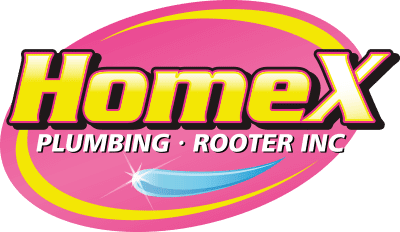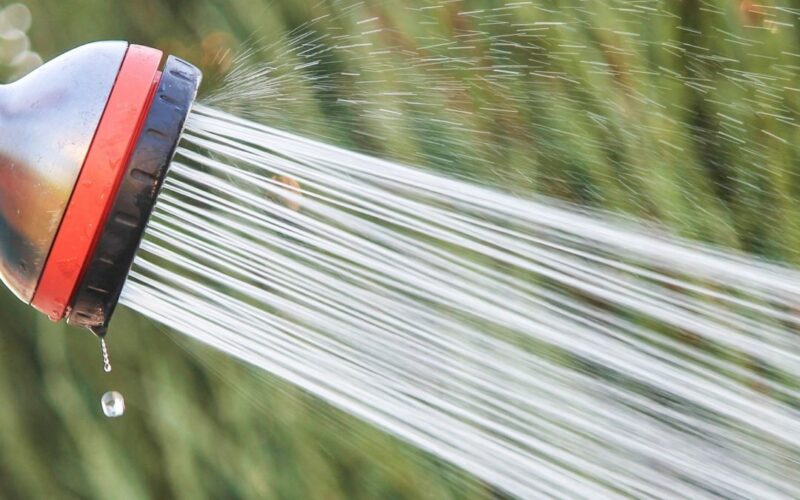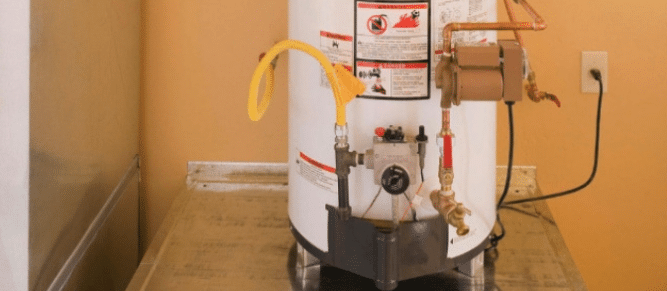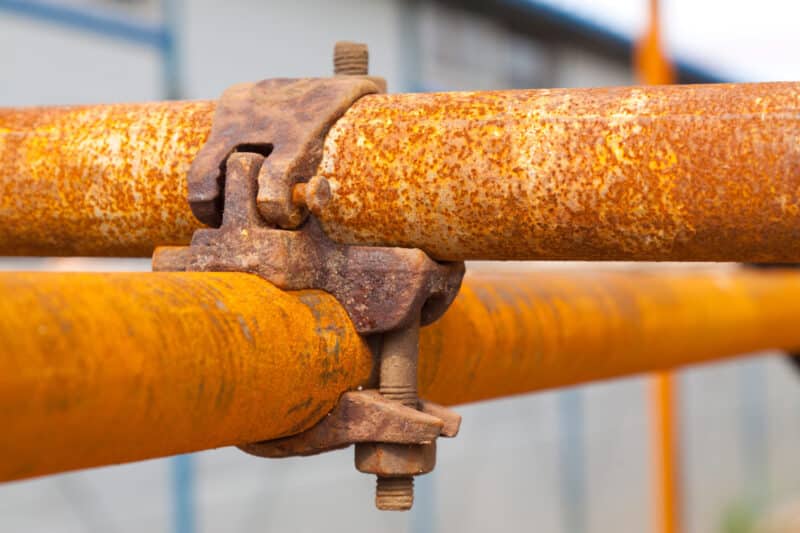Preparing for a visit from a professional plumber is essential for efficient problem-solving. Identify and document the plumbing issue, clear the work area, shut off the water supply if necessary, and communicate clearly with the plumber. Asking questions, preparing for payment, and planning for follow-up visits can make the experience smoother and more effective.
When you’re facing plumbing issues at home, calling in a professional plumber is often the best course of action. However, proper preparation can make the plumber’s visit more efficient and ensure that you get the most out of their expertise. In this article, we’ll guide you through the steps to prepare yourself and your house for the visit of a professional plumbing service.
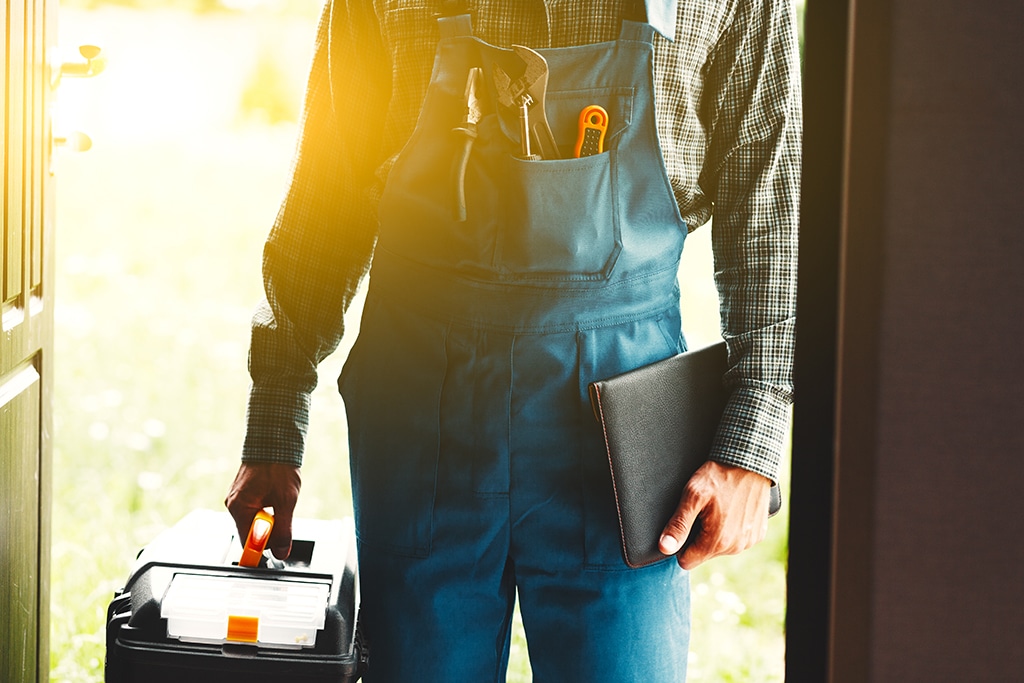
1. Identify the Issue.
Before the plumber arrives, take some time to identify and document the plumbing issue. Make a list of symptoms, such as leaks, slow drains, or strange noises. Knowing the specific problem and its location will help the plumber diagnose and resolve the issue more effectively.
2. Clear the Work Area.
Ensure that the area around the plumbing fixtures or appliances in question is clear of any clutter or obstacles. Clearing the space gives the plumber easy access to the problem area, making their work safer and more efficient.
3. Shut Off Water Supply.
Locate the main water shutoff valve in your home and make sure you know how to turn it off. In case of an emergency or if the plumber needs to work on specific fixtures, being able to cut off the water supply can prevent potential flooding.
4. Communicate Clearly.
When the plumber arrives, provide them with the information you gathered about the plumbing issue. Be specific about any recent changes or events that might be relevant, such as recent repairs or renovations. Clear communication helps the plumber understand the situation better.
5. Ask Questions.
Don’t hesitate to ask questions or seek advice from the plumber. They can provide valuable insights into maintenance and prevention strategies. Understanding the root cause of the issue and how to prevent it in the future can save you time and money down the road.
6. Prepare for Payment.
Be ready to discuss payment terms with the plumber. This includes understanding their pricing structure, payment methods accepted, and any potential additional costs. Having this information upfront can prevent misunderstandings later.
7. Plan for Follow-Up.
In some cases, plumbing issues may require follow-up visits or additional work. Discuss the possibility of future appointments or preventive maintenance with the plumber to keep your plumbing system in top condition.
After reading this comprehensive guide, if you feel prepared to have a plumber visit your home, simply pick up the phone and give us a call to discover the best plumbing services with HomeX.

